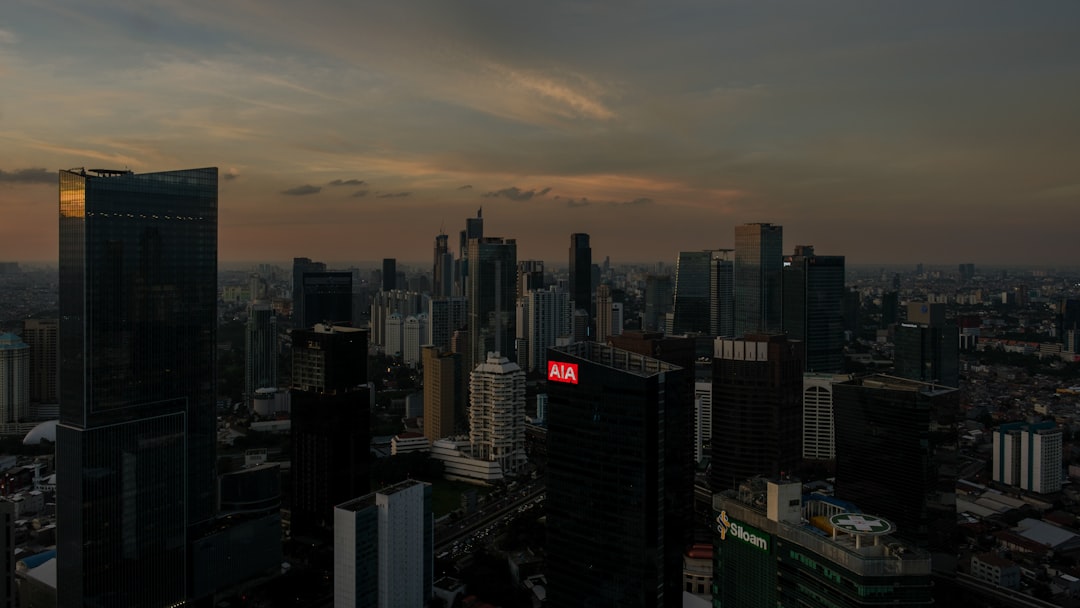What China's Travel Warnings About Philippines Mean for Business Ties
China recently issued travel warnings for the Philippines. This move affects many business relationships. Both countries have strong economic ties. The warnings create new challenges. This article explains the situation clearly. We will look at impacts on trade, tourism, and investments. You will learn what businesses can do now. We include expert opinions and data. The goal is to help you understand these changes.
Understanding China's Travel Warnings
China advised its citizens to avoid the Philippines. The warning cites safety concerns. This is not the first such warning. But it comes at a sensitive time. The two nations have territorial disputes. These disputes affect diplomatic relations. Travel warnings can influence public perception. They may reduce tourist numbers significantly. Business travelers might also cancel trips. This hurts meetings and negotiations.
Reasons Behind the Warning
China mentioned security issues. There were reports of crime targeting Chinese nationals. Political tensions also play a role. The South China Sea dispute remains unresolved. Such warnings often have multiple causes. They reflect government concerns. Businesses must pay attention to these signals.
Historical Context of Travel Advisories
China used travel warnings before. In 2014, similar advisories were issued. They affected tourism briefly. But relations improved over time. Patterns show that these are temporary measures. However, each warning has unique impacts. Current global politics add complexity.
Immediate Impact on Tourism
Tourism between China and Philippines is strong. About 1.7 million Chinese tourists visited Philippines in 2023. They spent over $2 billion. The warning may reduce these numbers. Tour operators already see cancellations. Hotels and resorts lose bookings. Local businesses suffer from fewer visitors.
Data from Statista shows tourism growth. But warnings can reverse this trend. Airlines may cut flights. This affects both countries' economies. Recovery depends on how long the warning lasts.
Case Study: Boracay Island
Boracay relies on Chinese tourists. Many shops cater to them. Some owners report 50% fewer customers. This island is a clear example. Similar stories come from other spots. The warning has real economic effects.
Effects on Trade and Investments
China is a major trade partner for Philippines. Bilateral trade reached $40 billion in 2023. Chinese investments are also significant. They fund infrastructure projects. Many Chinese companies operate in Philippines. Travel warnings could delay projects. Executives postpone visits. This slows decision-making.
Key sectors include construction, technology, and agriculture. Delays hurt productivity. Investors might seek other markets. However, long-term contracts may prevent immediate changes. Businesses should monitor the situation closely.
List of Major Joint Projects
- Manila Bridge Construction
- Davao City Industrial Park
- North-South Railway Project
These projects need Chinese expertise. Travel barriers create problems. Engineers and managers cannot travel easily. This might increase costs and cause delays.
Political Relations and Business Climate
Politics influence business. The travel warning reflects diplomatic strains. The South China Sea issue is central. Both nations claim areas rich in resources. Negotiations continue but slowly. Businesses must navigate these tensions. Stability is key for investments.
According to Council on Foreign Relations, regional stability affects global trade. Companies should have risk plans. They need to adapt to changing policies.
Recent Diplomatic Exchanges
Meetings between officials still occur. Both sides express desire for cooperation. But travel warnings add friction. Business leaders hope for quick resolutions. The private sector often pushes for dialogue.
Practical Tips for Businesses
Companies can take steps to reduce impacts. Here are actionable tips:
- Use virtual meetings for discussions. Tools like Zoom help maintain communication.
- Diversify supply chains. Do not rely only on Chinese partners.
- Stay informed about travel policies. Check updates regularly.
- Build relationships with local officials. They can provide support.
- Consider travel insurance for essential trips.
These steps can minimize disruptions. Planning is crucial during uncertainties.
FAQ Section
1. How long will the travel warning last?
It is unclear. Most warnings last a few months. But it depends on political changes.
2. Can Filipino businesses travel to China?
Yes, currently no restrictions from China on incoming travelers. But always check latest rules.
3. Will this affect Chinese investments in Philippines?
Short-term delays are possible. Long-term investments may continue if relations improve.
4. Are there safe areas in Philippines for travel?
Many areas remain safe. Avoid conflict zones. Follow local news for updates.
5. How can tourists get refunds for canceled trips?
Contact airlines and hotels directly. Many offer flexible policies due to warnings.
6. What should business travelers do if they must go?
Register with your embassy. Share itineraries with contacts. Avoid crowded places.
7. Will this warning affect other ASEAN countries?
Not directly. But investors might become cautious in the region.
Real Examples and Statistics
In 2019, a similar warning reduced Chinese tourists by 30%. Recovery took six months. Data from World Bank shows that trade dipped by 5% during past warnings. However, resilience was seen after tensions eased.
A Philippine tech company reported delayed equipment shipments. They used Vietnamese suppliers temporarily. This shows adaptability is possible.
Step-by-Step Guide for Crisis Management
Businesses should follow these steps:
- Assess exposure to Chinese markets.
- Communicate with partners about contingencies.
- Develop alternative plans for travel and logistics.
- Train staff on virtual collaboration tools.
- Review insurance coverage for disruptions.
- Monitor government advisories daily.
- Adjust marketing strategies to target other markets.
This proactive approach reduces risks.
Conclusion
China's travel warnings impact Philippine business ties. Tourism and trade face immediate effects. But history shows recovery is possible. Businesses must stay flexible and informed. Use technology to bridge travel gaps. Diversify to minimize risks. Political dialogues may improve situations. Hope remains for strong future relations.
For ongoing updates, check our news section. Share your experiences in comments. We value your insights.

